The Omnia-group company has already achieved significant milestones since introducing the system to the mining industry, confirms Tinus Brits, BME global product manager – AXXIS. These include the initiation of record blasts, the exciting testing of the system’s capabilities and taking this innovative system into new markets.
“Since introducing the AXXIS Titanium – as well as the smaller AXXIS Silver, which caters for the quarrying and construction market – BME has been conducting trial blasts across South Africa,” says Brits. “Many mining companies have already made the switch to our latest electronic detonation system, considered to be one of the safest systems available.”
Big blasts
The switch to electronic detonators has also allowed for more controlled blasting in sensitive settings. BME’s AXXIS support manager Hennie du Preez highlights that the company recently undertook a blast in an industrial area in Gauteng for a construction project, with no damage to surrounding buildings.
As mining becomes more difficult or edges closer to communities, mines need to control their blasting better. Brits explains that electronic detonation systems play an important role in achieving safe blasting.
“They allow detonators to be accurately initiated within milliseconds of each other, staggering the energy release rather than having five or six holes detonating at the same time,” he notes. “By reducing the charge mass per delay, electronic systems can reduce the resulting vibration.”
He explains that BME designs its electronic detonators so that key blast impacts are both measurable and predictable.
“With our integrated blast planning software, mines can simulate each blast before it is implemented,” says Brits. “This means that they can predict aspects such as ground vibration to ensure it will be within the required parameters.”
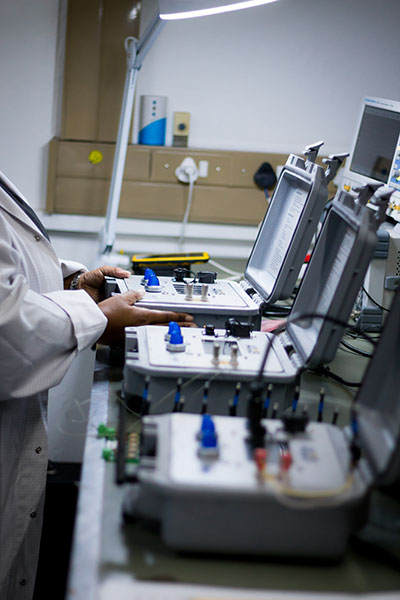
He adds that this allows users to establish how fast they would be able to fire a blast, with the logged data from the detonators stored into the memory of the blasting box.
“As this data is now available to miners and managers, they are able to download important information directly after a blast,” he says. “The data informs them of the number of detonators that have been fired and how many – if any – detonators have been damaged.”
Du Preez concurs, noting that the blast preparation functions being built into the logger can now do the programming, scanning and testing.
“The market appreciates the speed at which you can now fire a blast,” he says. “After the detonators have been programmed, you can start up the controller from the view site and blast within two minutes.”
To date, the company’s biggest blast was achieved at a chrome mine in South Africa’s North West Province, when a blast of 5 209 detonators was conducted.
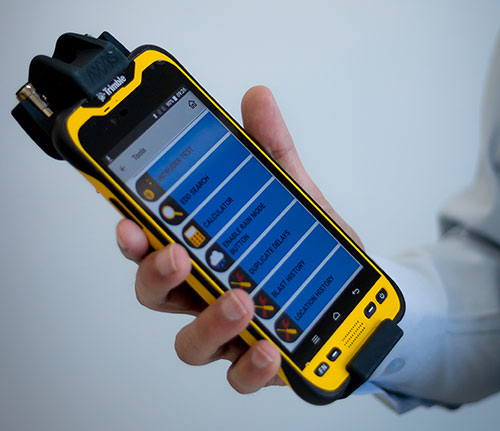
Testing versatility
To meet the demands of growing business opportunities in colder climates, AXXIS has now also been certified for cold weather applications in the United States.
“A client requested that we blast in challenging conditions, including -40 °C temperatures,” says Brits. “We then tested the detonators at -50°C at an accredited testing facility in the United States.”
He explains that the testing required the AXXIS detonation system, loggers and detonators to be frozen in the testing facility, and then used in a blast.
“Our blasting boxes and loggers were frozen around five or six times during testing, but remained in perfect condition, with technicians carrying out normal blasts without hassle,” he adds.
BME will continue to undertake further cold weather field condition trials with their detonation systems.
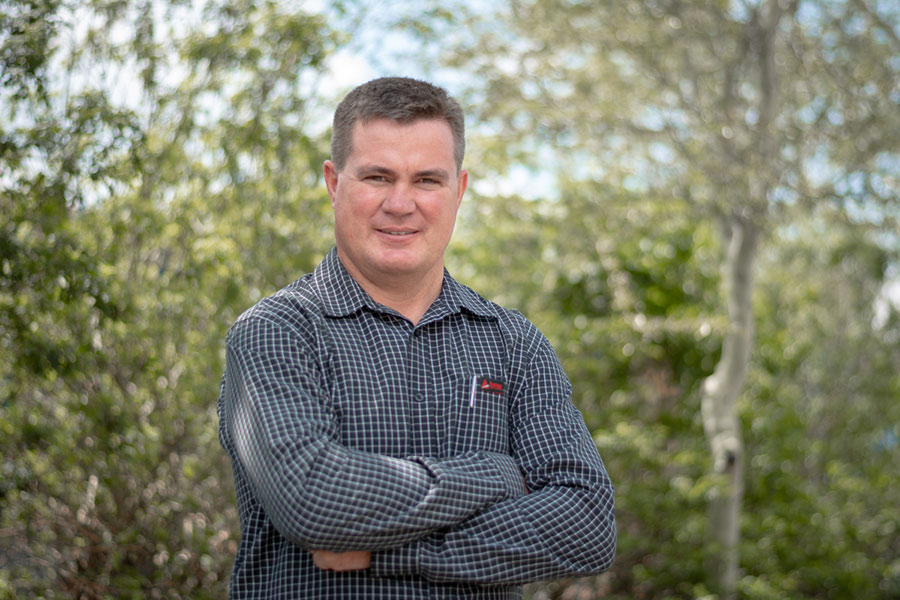
Reaching new heights
Following its recent success in initiating an AXXIS Silver blast in Lesotho – its first outside of South Africa – Brits notes that the company is enjoying a growing interest in its products in the Australian and Indonesian regions.
“BME introduced the AXXIS Silver detonation system to the Australian market about a month ago and has already seen some significant blasts,” he says. During one of the blasts, the detonators were submerged under water and mud for four days due to heavy rains with no errors or leakage experienced on the day of the blast.
The company will continue its growth strategy into new and emerging markets in 2023, including the Northern Cape and Western Cape provinces, Namibia and Zambia.
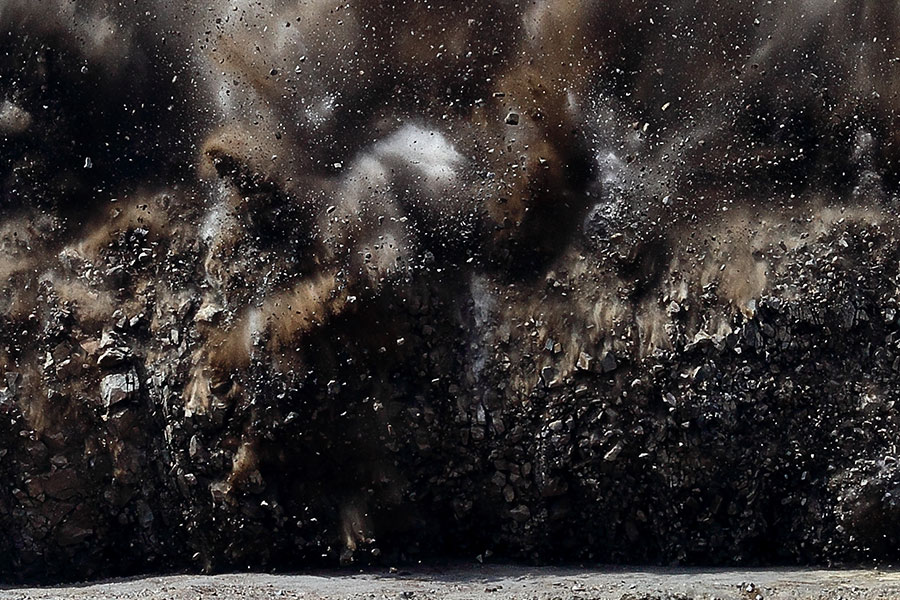
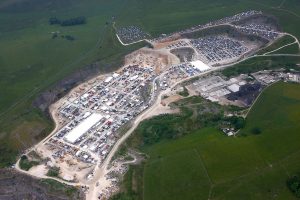
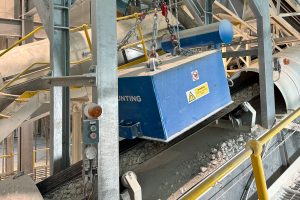


![Data from the World Risk Poll shows that one in five (21%) people in mining and quarrying occupations have experienced harm at work in the past two years. [Photo by Shane McLendon on Unsplash]](https://quarryingafrica.com/wp-content/uploads/2024/10/shane-mclendon-89hUOLtVfoI-unsplash-300x225.jpg)
